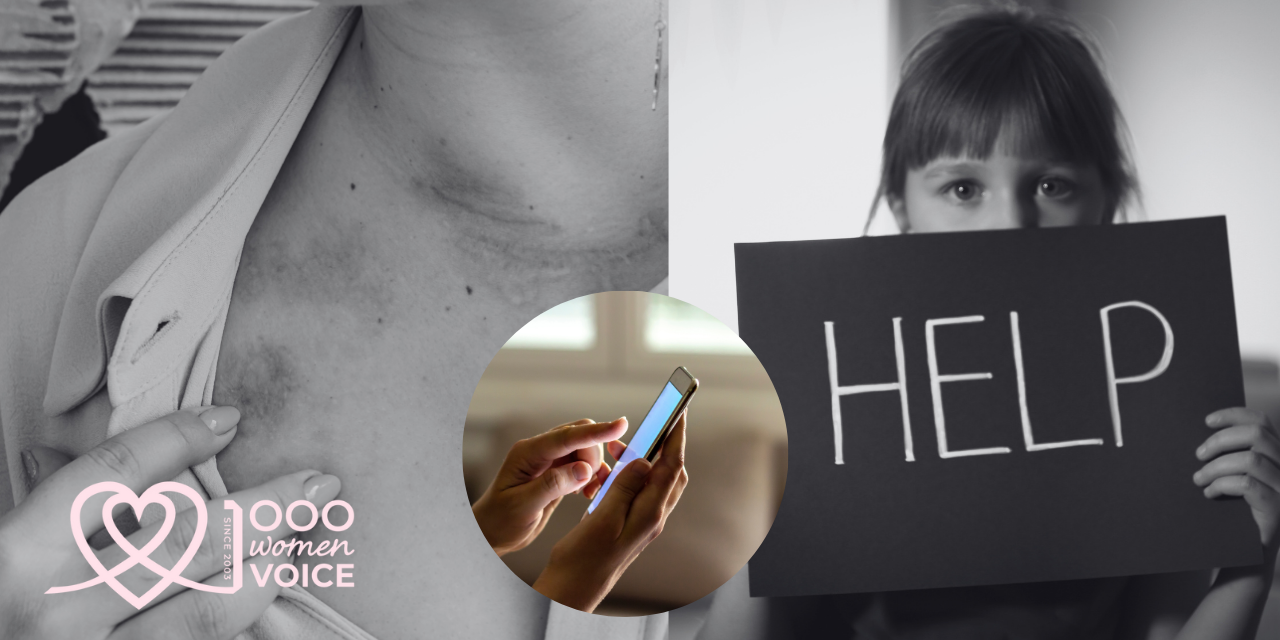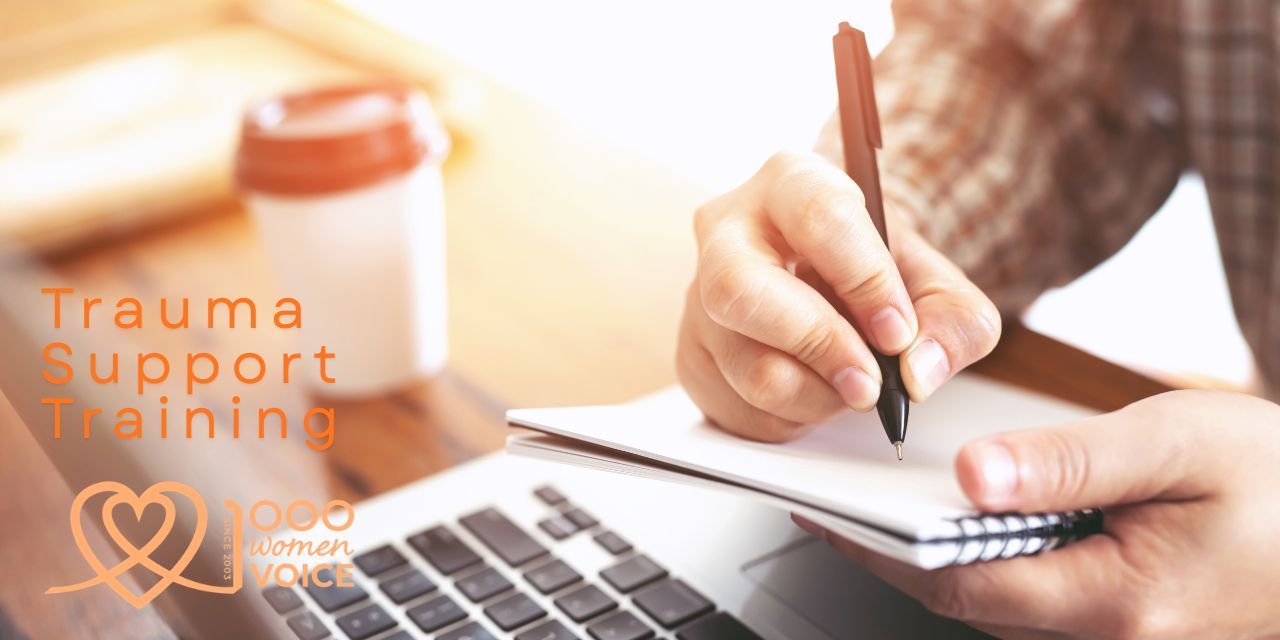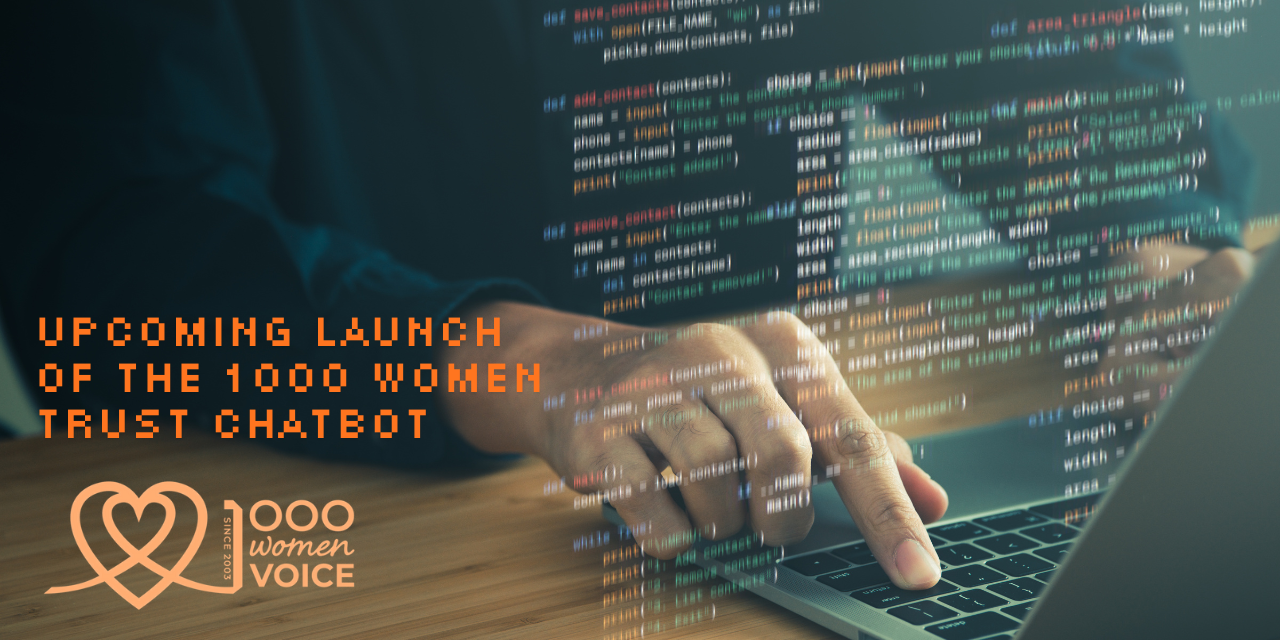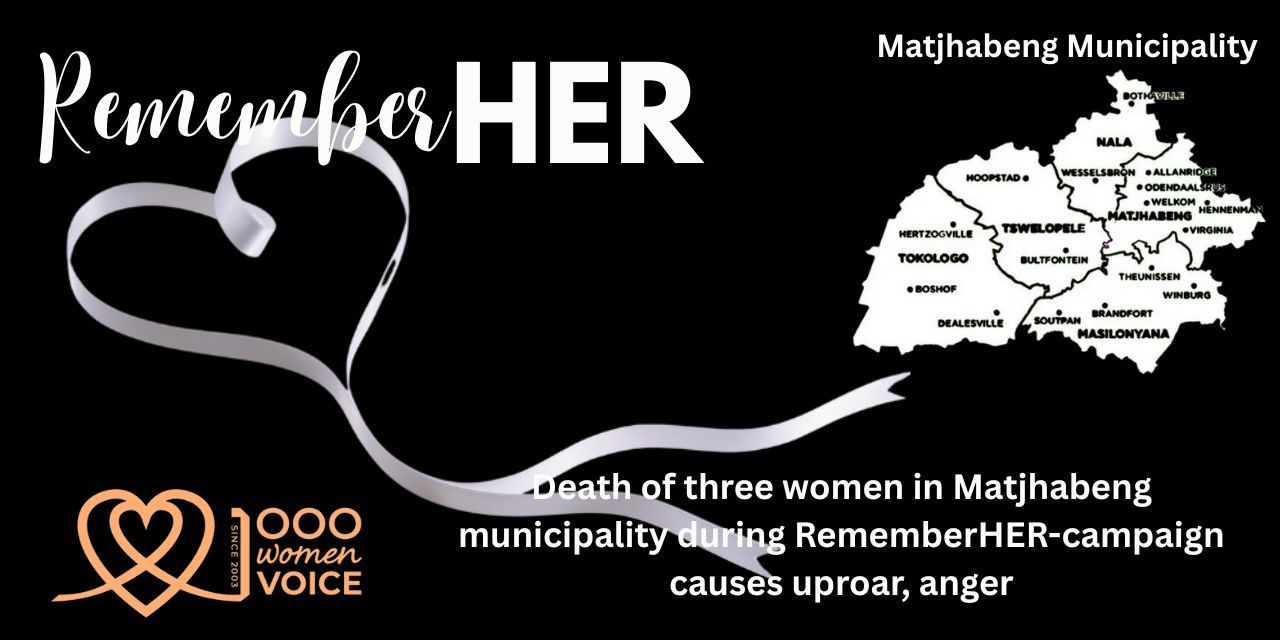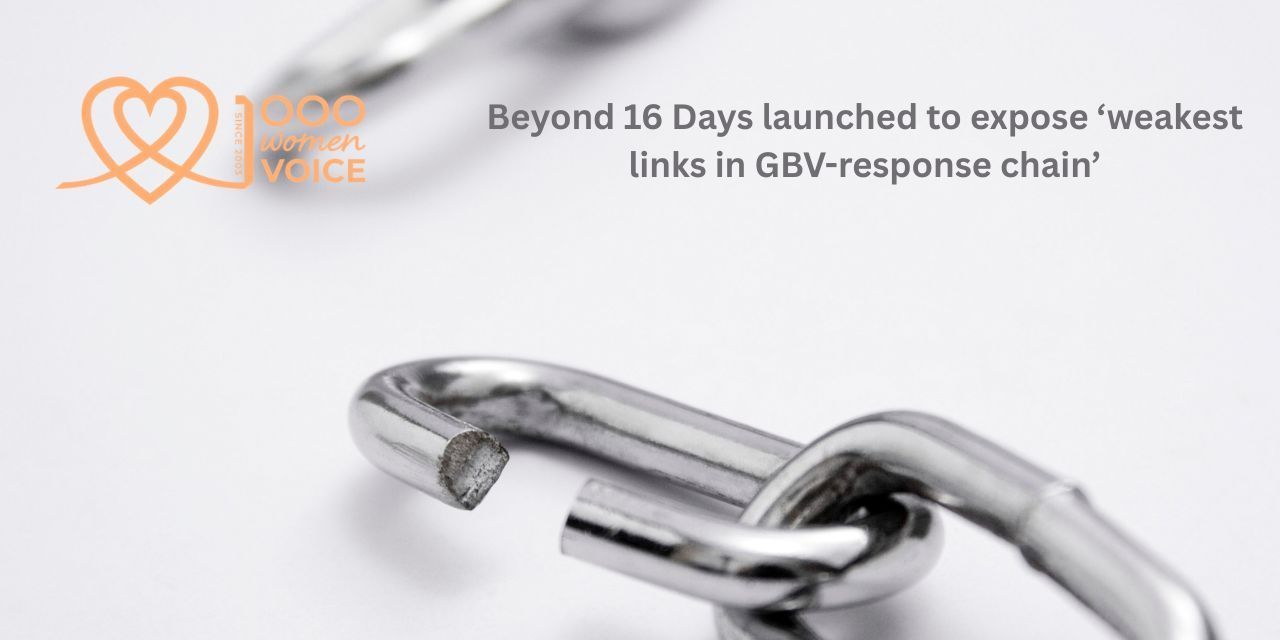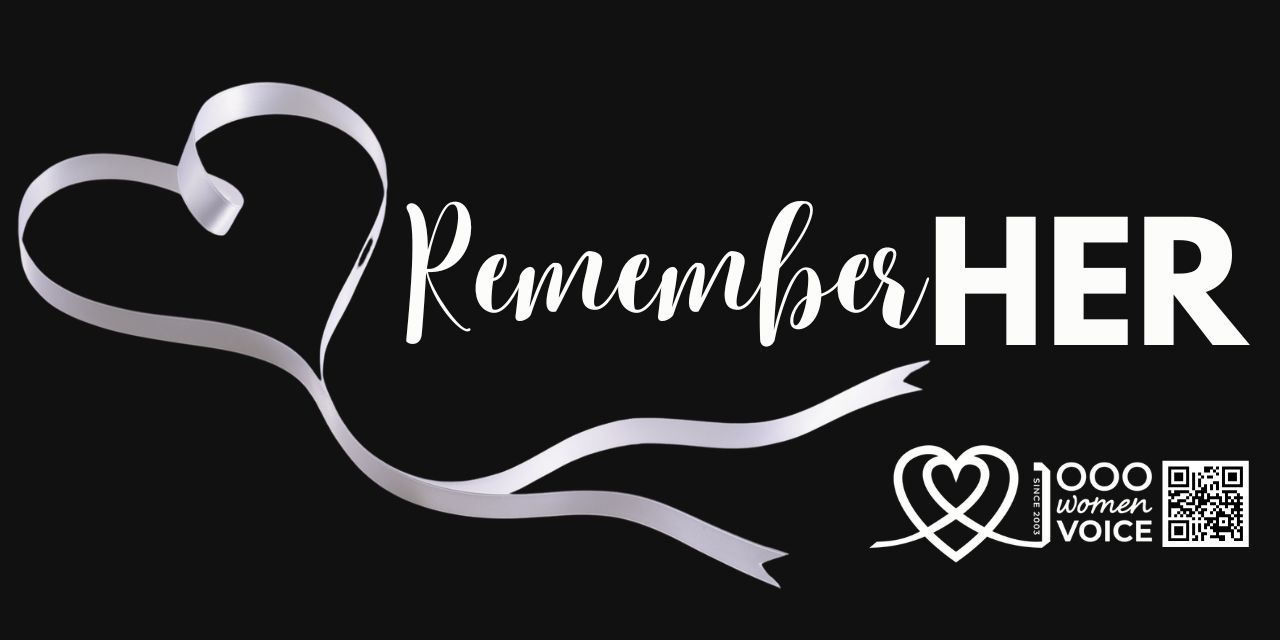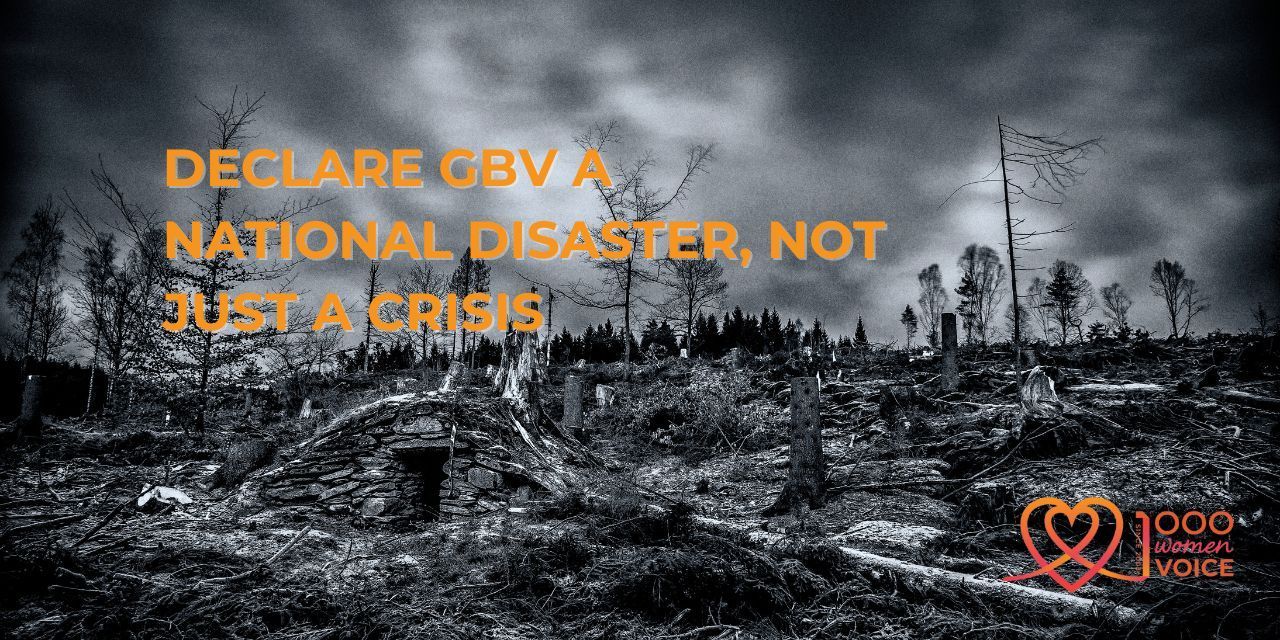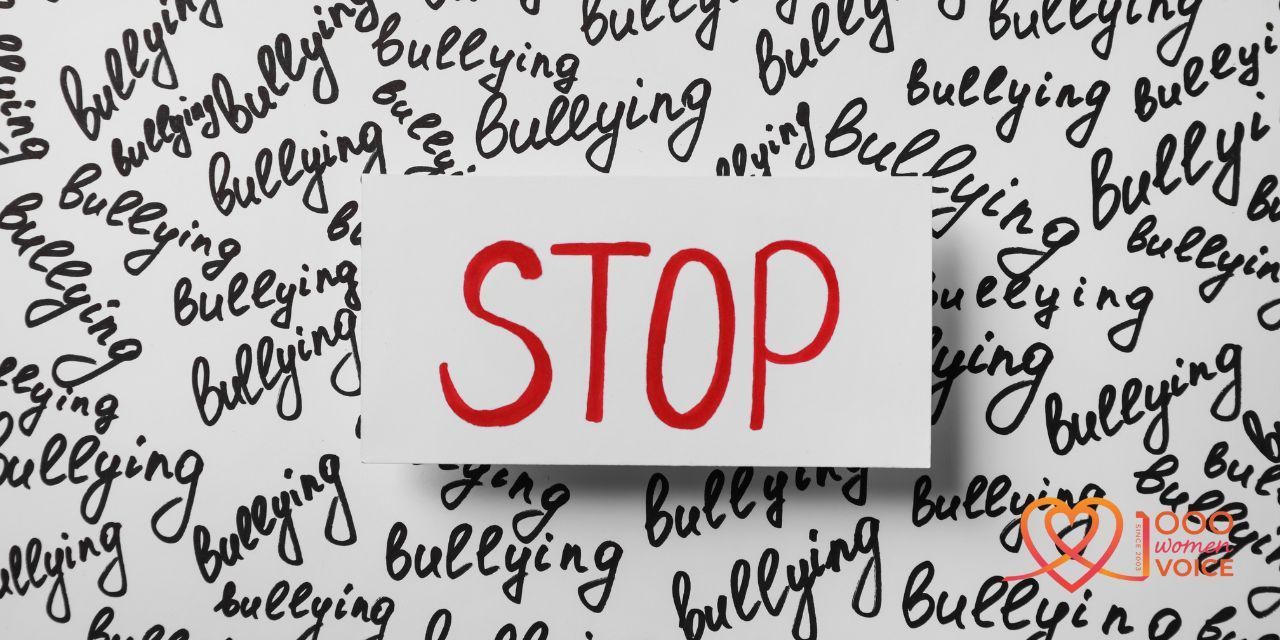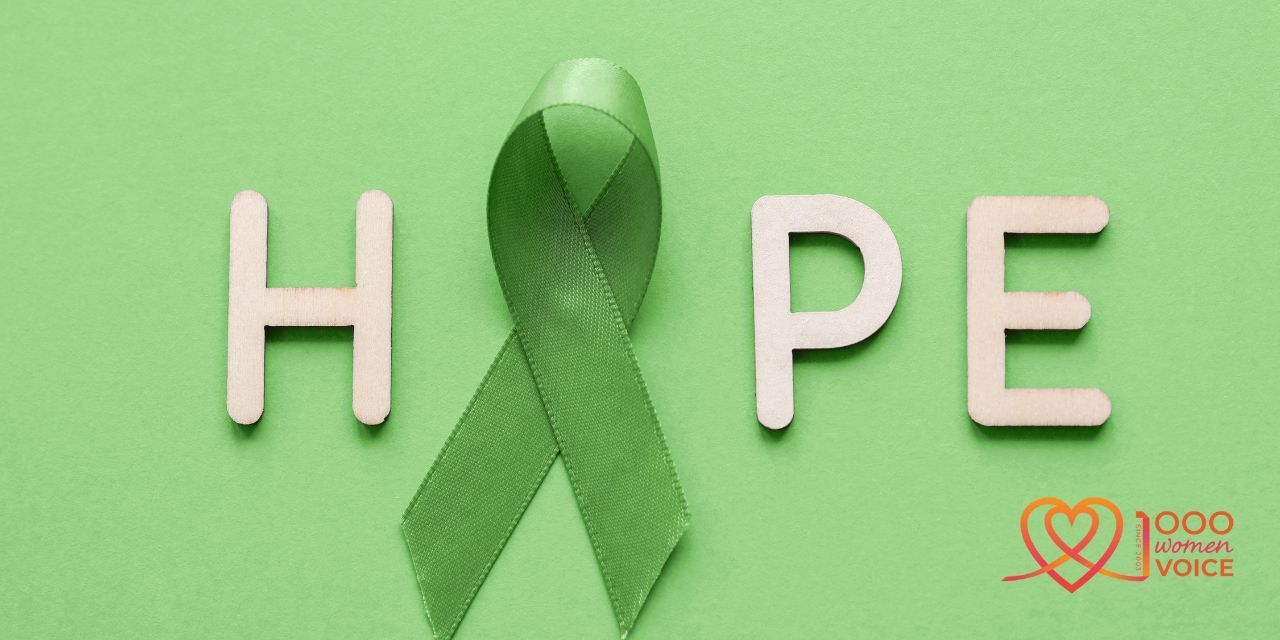Moonsamy approaches CNN after lack of action on murder-case of her daughter
A frustrated and desperate mother, Kathreen Moonsamy, has approached CNN to share her anger about the failure of the South African Police Service to act decisively after the murder of her daughter, Eden Moonsamy, who died from unnatural causes – possibly due to somebody who struck her with a blunt object against the head.
Yet, there has been no justice for the family of the 19-year old Moonsamy.
“That is why I approached Cable News Network (CNN), a multinational news organisation operating as a website and TV channel and headquartered in Atlanta,” says Kathreen Moonsamy.
Moonsamy was murdered in Bellair in Ethekwini – and passed away on 23rd December 2023. According to the death certificate she died of unnatural causes.
She suffered blunt force trauma to the head. Yet the police have failed to do a full and thorough investigation, says Kathreen Moonsamy. And nobody has been charged for the murder, despite the fact that the former boyfriend and his family were there with Eden before and after her attack.
Moonsamy was taken to hospital by her former boyfriend, who subsequently phoned Kathreen to tell her she is in hospital due to a “panic attack.”
When Eden’s father visited the hospital where she was on a ventilator, he saw that she had bruises and cuts across her body.
“She was brain dead the moment she arrived at hospital and passed away seven days later,” says Moonsamy.
The investigator did not take statements from Eden’s friends. One of the close friends of Eden claim that the boyfriend of Eden assaulted her with a firearm on several occasions.
“The former boyfriend, who is suspected of committing the murder, was very controlling of my daughter,” said Kathreen.
“He apparently had a hold on her and she was afraid of him,” Moonsamy said.
“I have tried in vain to get the investigating officer to open a docket of murder. When I asked him why they don’t investigate further, he says it is complicated. I phoned the office of the regional police commissioner, and they have appointed a brigadier who is a detective.
“The brigadier said to me this case is not complicated. She died of unnatural causes and a blunt object might have been used. What is complicated,” said Kathreen Moonsamy.
Section 205 of the Criminal Procedure Act states that a public prosecutor can request the attendance before him of any person who is required to give information about an alleged offense, said Moonsamy.
Eden’s friends revealed the full extent of her suffering, telling Kathreen that Eden confided in them about her boyfriend’s alleged abuse. “They informed us that Eden told them that she was in an abusive relationship and her boyfriend would hit her on hidden body parts and if he hurt her in the face, she would use make-up to cover up the bruises,” Kathreen told the Phoenix Tabloid.
Tina Thiart, co-founder of 1000 Women Trust, says that in May 2024, the South African Police Services admitted in parliament that over 5.4 million case dockets were closed due to insufficient evidence or leads since the 2018/2019 financial year.
Averaging over 1 million cases per year, it means that almost 3,000 cases are closed daily by the SAPS without victims of crime ever receiving justice. Included in these 3,000 cases closed daily, are gruesome murders, rapes of family members, brutal assaults and kidnappings.
SAPS eThekwini District communication commander, Captain Carmen Rhynes, confirmed to the Phoenix Tabloid that the case is still under investigation and that the SAPS is working closely with the National Prosecuting Authority.
“The question must be asked why it is taking the police 18 months and yet there has not been any arrest,” said Thart. “Why are the police dragging their feet,” Thiart said.
“We support the Moonsamy family and we constantly pursue advocacy in order to expose poor leadership by the police and the department of social development,” Thiart added.
The 1000 Women Trust is a women’s organization that aims to raise awareness around gender-based violence, rape and abuse and mobilize resources. These resources make it possible for us to assist women-led organizations with grants and skills development.
For more information about the Trust, visit the website on www.1000women.co.za or phone us on 061-4690479.
